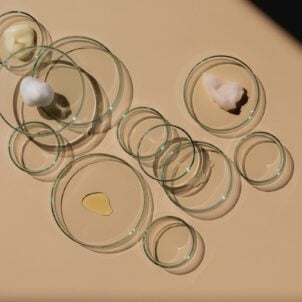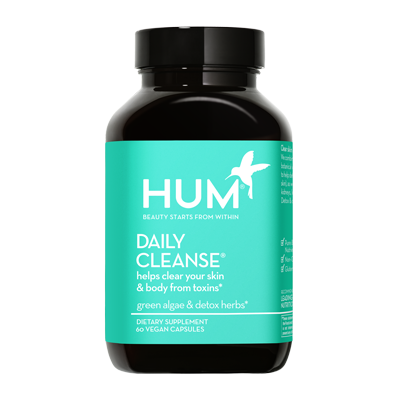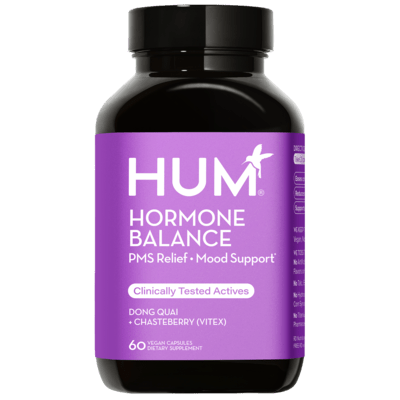Have you ever noticed an ‘off’ odor coming from your face, even after washing it? Smelly pores can be embarrassing and frustrating, but they’re more common than you might think. While most people focus on acne and breakouts, odors can also come from other bacteria and even diet-related factors. Regardless of how it originated, smelly pores are generally a sign that your skin needs a little extra TLC.
Understanding the causes behind the smell can help you find effective solutions to keep your skin fresh and odor-free. Let’s break down why your pores might smell and what you can do about it.
Causes of Smelly Pores

There are several reasons why your pores might develop a noticeable odor. These range from natural bodily processes to lifestyle habits contributing to smell.
Bacteria Metabolizing Oil and Sweat
Your skin naturally produces oil (sebum) and sweat, which mix together on the surface of your face. Certain bacteria, such as Cutibacterium acnes, feed on these substances and break them down. This combination then releases byproducts that can create a musty or sour smell, similar to body odor. Board-certified Dermatologist and Co-founder of RedliteX, David Johnson, explains, “Your skin has tiny holes (pores) on it that secrete oil and sweat. When bacteria come into contact with these natural oils, it can cause an odor. It’s just something some people are more inclined to get than others. I’ve noticed it in teens experiencing hormonal fluctuations, in athletes who are constantly sweating, and even those working in urban areas where pollution sticks to their skin all day.”
Poor Hygiene
Proper hygiene might seem like an obvious solution to avoiding odorous pores, but not washing your face regularly and thoroughly can lead to a buildup of oil, dead skin cells, and bacteria. Over time, this accumulation can cause an unpleasant smell in the pores. If you frequently touch your face, sweat a lot, or use heavy skincare products without properly cleansing your skin, bacteria and grime can collect in your pores, leading to an odor.
Acne and Sebum Overproduction
People who struggle with acne—especially severe or cystic acne—may notice their pores smell worse than those with clear skin. Acne is caused by an overproduction of sebum, which creates an ideal environment for bacteria to thrive. When the bacteria break down the excess sebum, it can develop into acne and produce a pungent odor. Additionally, having infected pimples can sometimes create an unpleasant smell due to pus and trapped bacteria inside them.
Buildup of Dead Skin
Part of keeping up with a good skincare routine also means removing dead skin and any other buildup that may be lingering on your face at the end of the day. However, those who produce more sebum than others may be more prone to clogged pores as the dead skin and oil mix. Once this happens, Johnson says, “bacteria become trapped in dead skin cells and cause bad odors and acne.”
Diet + Stinky Foods
Your diet also plays a surprising role in how your pores smell. Foods with strong odors, such as garlic, onions, and certain spices, contain sulfur compounds that can be released through your pores or when you sweat. If you eat a lot of these foods, your skin can emit a slightly funky smell. Cutting back on these foods or drinking more water to flush out the compounds may help reduce the odor.
Balancing your gut may help, as may incorporating a supplement like HUM’s Daily Cleanse to help your skin health from the inside out.
Hormonal fluctuations
Experiencing hormonal fluctuations, while a normal part of transitioning in life, can cause hormonal acne. This can then lead to odorous pores as a result of excess oil buildup. “Increased oil production occurs in many patients, particularly teenagers under stress, as a result of hormonal changes,” Johnson says. “More oil translates into more bacteria and an increased likelihood of smelly clogged pores. Women who are pregnant or menopausal also suffer from similar conditions.”
Treatment Tips to Prevent and Treat Smelly Pores
If you’re dealing with smelly pores, the right skincare routine and lifestyle changes can help eliminate the odor and keep your skin fresh. Here are some effective treatment tips to try:
1. Cleanse Your Skin Properly
Use a gentle, antibacterial cleanser twice daily to remove any excess oil, sweat, and bacteria. Look for products that have ingredients like salicylic acid, benzoyl peroxide, or tea tree oil, which help fight bacteria and prevent buildup in pores. Make sure not to overwash or use cleansers that dry out your skin, as this can cause an overproduction of oil and potentially worsen the problem.
2. Exfoliate Regularly
In addition to regularly cleansing, exfoliation can help remove dead skin cells and unclog pores, reducing the chances of odor-causing bacteria getting trapped. Use a chemical exfoliant containing glycolic or lactic acid a few times per week. Doing this routinely over time will help give you clear, radiant (and odor-free) skin.
3. Use a Clay or Charcoal Mask
Clay and charcoal masks are a great product to add into your skincare routine. The ingredients absorb excess oil and draw out impurities from deep within your pores. Use these masks once or twice a week to help keep your skin clean and odor-free.
4. Look at Your Diet Habits and Consider Supplements
Since certain foods can contribute to body odor, reducing your intake of strong-smelling foods like garlic, onions, and heavily spiced meals may help minimize skin-related smells. Additionally, drinking plenty of water throughout the day can help flush out odors and toxins from the body while also supporting healthy skin.
To further support clear skin, consider adding supplements like HUM’s Daily Cleanse to your routine. Daily Cleanse contains detoxifying herbs and minerals like chlorella, spirulina, and zinc, which help remove toxins from the body and promote clearer skin. Meanwhile, Gut Instinct is a probiotic that supports digestive health. A healthy gut can help minimize unwanted skin issues
5. Consider Using an Antibacterial Toner
Toners with ingredients like witch hazel, apple cider vinegar, or niacinamide can help control oil production and keep bacteria at bay, reducing unwanted smells.
6. Consult with a dermatologist
If home remedies and skincare adjustments don’t work, it may be time to see a dermatologist. They can better diagnose what’s going on with your pores and recommend specialized treatments such as prescription topical solutions or in-office procedures to help reduce or eliminate foul odors. Johnson says for ongoing symptoms, he’ll typically prescribe clindamycin (a topical antibiotic) or a sulfur-based treatment, both of which are effective in killing bacteria and odor.
FAQs
Can clogged pores cause a bad smell?
Yes! Clogged pores trap oil, bacteria, and dead skin cells, which can create a foul odor as they break down. Regular cleansing and exfoliation can help keep your pores clear.
Why does my T-zone smell worse than the rest of my face?
The T-zone (forehead, nose, and chin) has a higher concentration of oil glands, making it more prone to bacteria buildup and odor. If you notice an unpleasant smell in this area, it may be due to excess oil and bacterial activity.
Are smelly pores the same as body odor (BO)?
Not exactly. Body odor usually occurs when sweat from your apocrine glands mixes with bacteria on the skin. Smelly pores, on the other hand, are caused by a buildup of sebum (oil), dead skin cells, and bacteria inside your pores.
Smelly pores can be frustrating, but they’re usually a result of natural skin processes, bacteria, or lifestyle habits. The good news is that with proper skincare, diet adjustments, and consistent hygiene practices, you can keep your skin fresh and odor-free. Regular cleansing, exfoliation, and using antibacterial products can help minimize bacterial buildup, while simple changes like taking detoxing supplements and watching your diet can make a noticeable difference. If the problem persists, seeking professional advice from a dermatologist can help you find a targeted solution. With the right approach, you can maintain healthy, clean skin and say goodbye to smelly pores for good!

How to Balance Hormones: An Easy Guide to What They Are and What They Do, Including GLP-1 and Insulin

The Best Supplements to Balance Indulgence: Digestion, Hydration and Skin Health After Late-Night Snacks

Get Your Best Skin Yet With This Supplement and Key Nutrition









